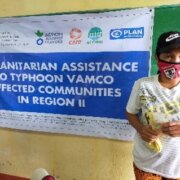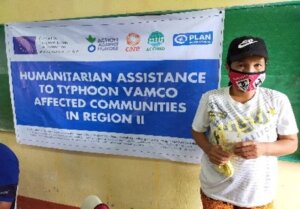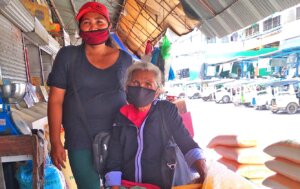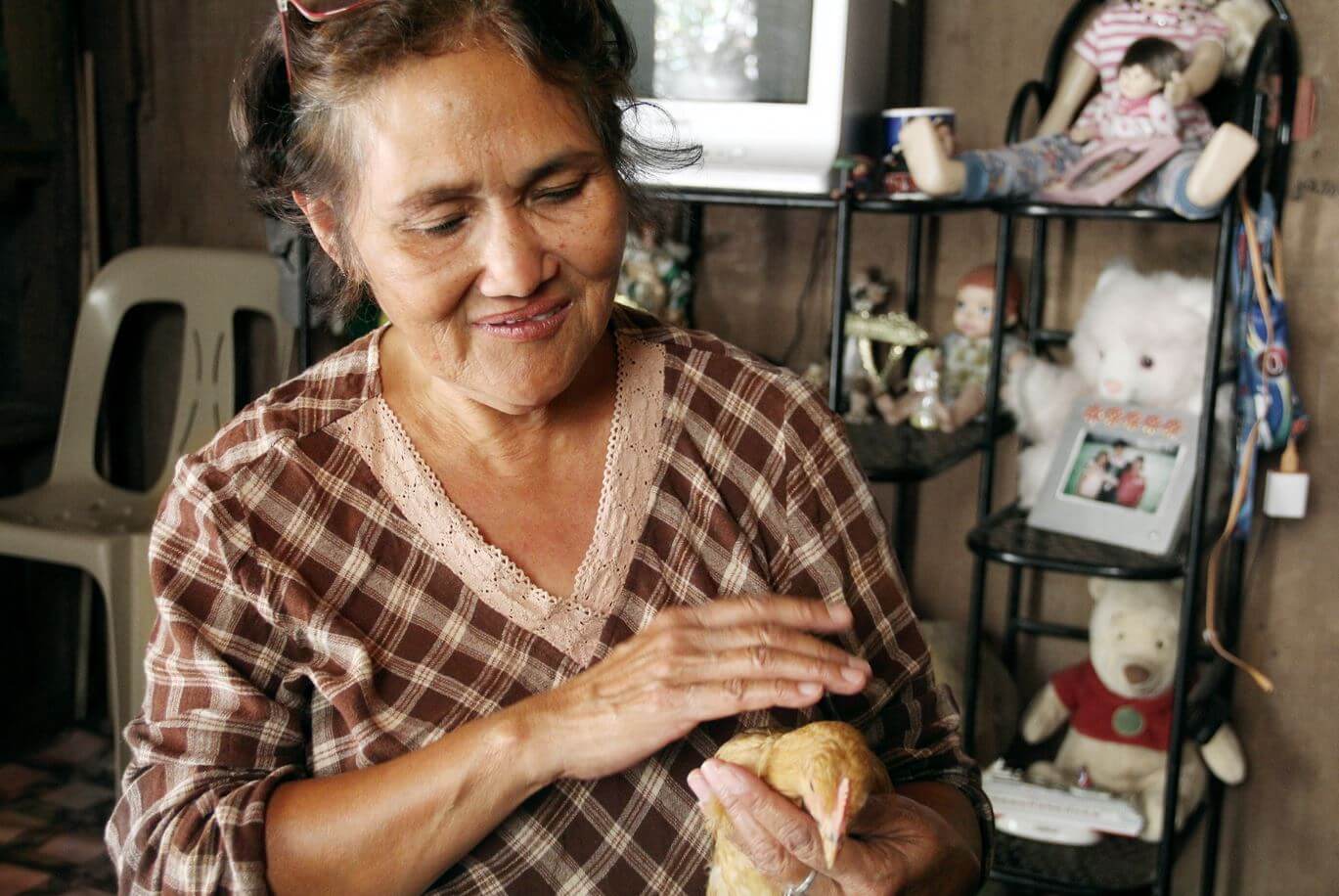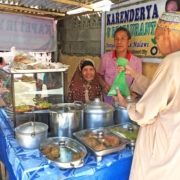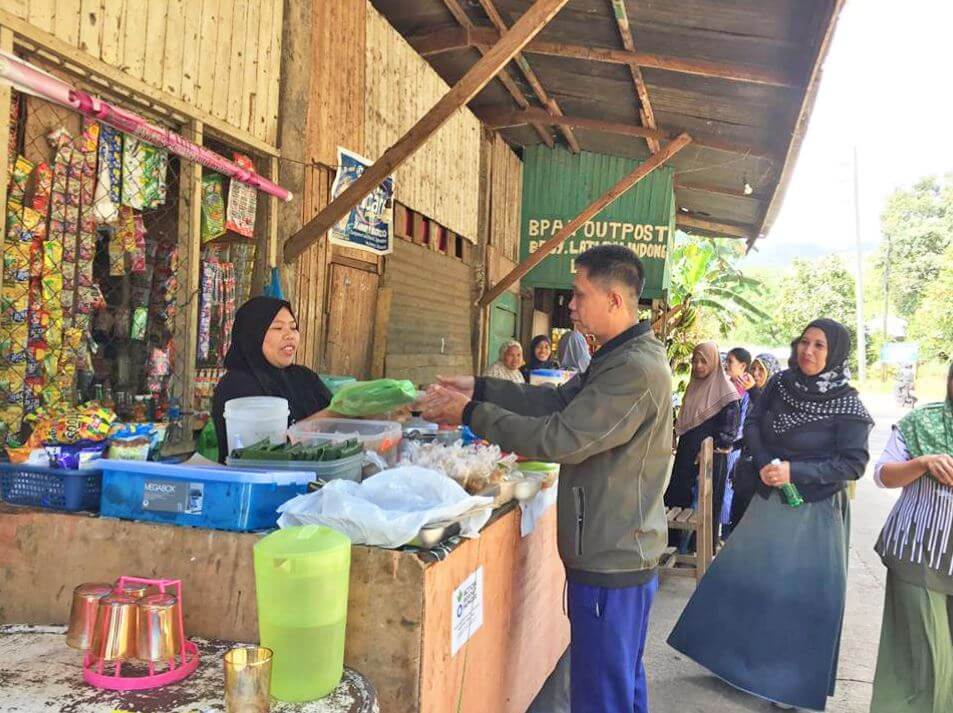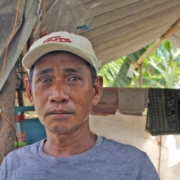A Beneficiary of Our Cash Transfer Program Is Now Able to Prepare Quality Meals for Her Family
As the world’s leading hunger specialist, we prioritize vulnerable families and individuals who are more at risk to not only hunger and malnutrition, but are also susceptible to it’s causes—such as poverty, diseases, disasters or even conflicts. For example, most of our beneficiaries for cash-based interventions are identified through nutrition-focused targeting; like Sittie Palao –one of the beneficiaries for our Marawi Crisis response four years ago.
#ThrowbackThursday: 𝗦𝗶𝘁𝘁𝗶𝗲 𝗔𝗶𝗻𝗮 𝗣𝗮𝗹𝗮𝗼 is a mother of 3 from the Municipality of Buadiposo Buntong, Lanao del Sur which back in December 2017 was greatly affected by #TyphoonTembin. Their municipality is also host to internally displaced persons from the #MarawiSiege.
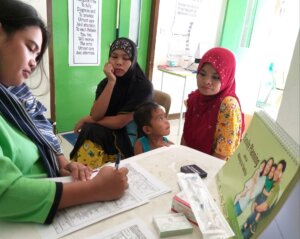
At the time, Sittie and her husband’s source of income was halted due to the impacts of the typhoon. To make matters more challenging for them, Sittie and two of her children were suffering from malnutrition.
Because of this, Action Against Hunger supported Sittie’s family in restoring their livelihoods through our cash transfer program. On February 2019, Sittie received cash assistance amounting to 7,000 pesos, in addition to 3 rounds of food aid. They were also referred to the regional health unit for treatment using the Ready-to-use Therapeutic and Supplementary Food (RUTF and RUSF).
A month after, Sittie shared that with the food aid given, she is now able to prepare quality meals for her family and that unlike before they no longer eat just once a day.
Through these types of interventions, we hope to empower more women like to take control of their health and nutrition, at the same time enabling them to provide for themselves and their families.
𝗥𝗲𝗮𝗱 𝗦𝗶𝘁𝘁𝗶𝗲’𝘀 𝗳𝘂𝗹𝗹 𝘀𝘁𝗼𝗿𝘆:
https://actionagainsthunger.ph/…/nutrition-focused-program…/


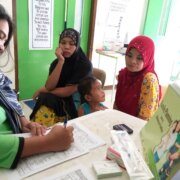
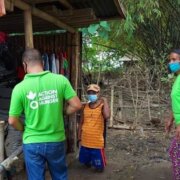
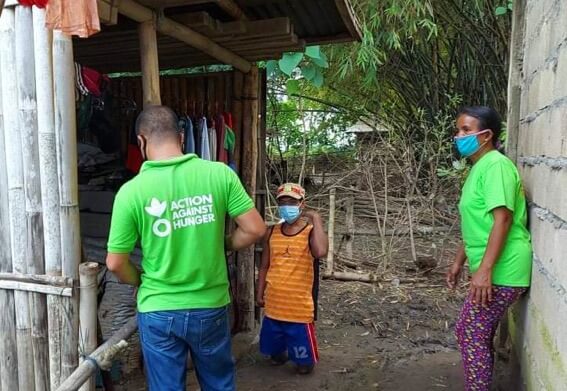 When
When 